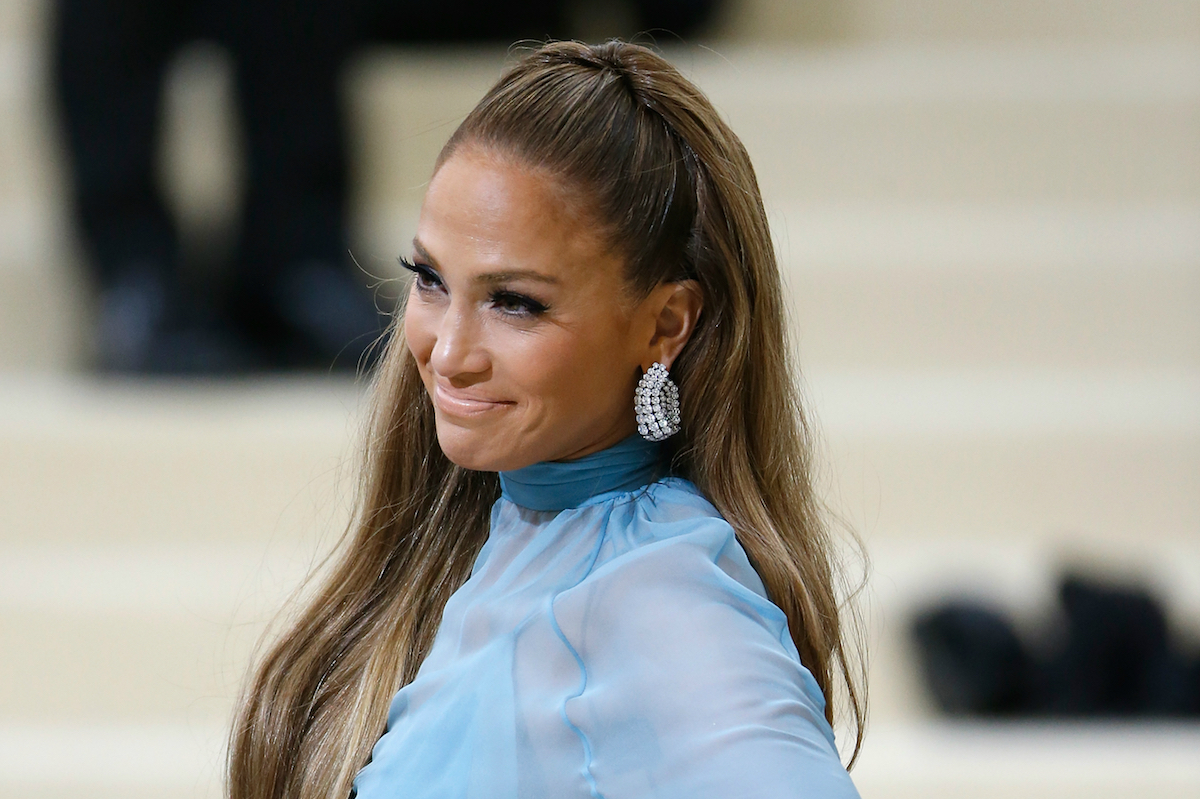Instagram “influencers” are the opposite of truth in advertising. Will drinking “Fit Tea” make you as hot as a Kardashian? (No.) Was Tavi Gevinson really doing #sponcon for her apartment building? (Yes.) “Quick Question: What’s Fyre Festival, and Why Are All the Models in the Bahamas Promoting It?” (Lmao.) Until very recently, it’s been safest to assume that anyone quasi-famous who posts anything with a visible brand name is getting paid for their trouble.
Last month, the Federal Trade Commission finally took steps to clear up influencer marketing’s cloudy ethics, notifying 90 brands and celebrity Instagrammers it would be taking a closer look at how paid endorsements are disclosed. The letters read, in part: “The FTC’s Endorsement Guides state that if there is a ‘material connection’ between the endorser and the marketer of a product—in other words, a connection that might affect the weight or credibility that consumers give the endorsement—that connection should be clearly and conspicuously disclosed…. Material connections could consist of a business or family relationship, monetary payment, or the provision of free products to the endorser.”
Today, we learned the names of people and brands who received those FTC guidance letters, and even if you don’t use Instagram, you’ve heard of them: Jennifer Lopez, Victoria Beckham, Naomi Campbell, Sean “Diddy” Combs, Kourtney Kardashian, Akon, Lindsay Lohan, Nicky Jam, Zendaya, Amber Rose, Luke Bryan, and Vanessa Hudgens, for starters. Also: Emily Ratajkowski, one of the more prominent models to shill for the disastrous Fyre Festival, and Jen Selter, owner of “Instagram’s most famous butt.”
Brands the FTC singled out to “educate” on appropriate social media sponsorship practices included fashion labels like Yves Saint Laurent, Chanel, Adidas, and Puma, multinational corporations like Popeyes, Dunkin’ Donuts, and Hasbro, and internet upstarts like Teespring, meal delivery services Hello Fresh and Sakara Life, and Insta-ubiquitous swimwear brand We the Dreamers. WWD has the full list, if you’re into the name-and-shame game.

Also Read
KEEPING IT REAL — ROUND ONE!
Many, many more celebrities and brands use influencer marketing, of course; the FTC is likely hoping that 90 targeted letters will be enough to spur a transparency trend before it has to sue anyone. There are still no formal disclosure rules, though the commission warned that some common-but-sneaky methods—like including one little #ad hashtag amid a dozen others, and forcing followers to click “More” at the bottom of a lengthy caption in order to see it—won’t cut it.
If you do follow anyone professionally Insta-famous, expect to see them get a little more forthcoming about when they’re getting paid. But honestly… don’t spend money for anything you’ve only seen on Instagram.




